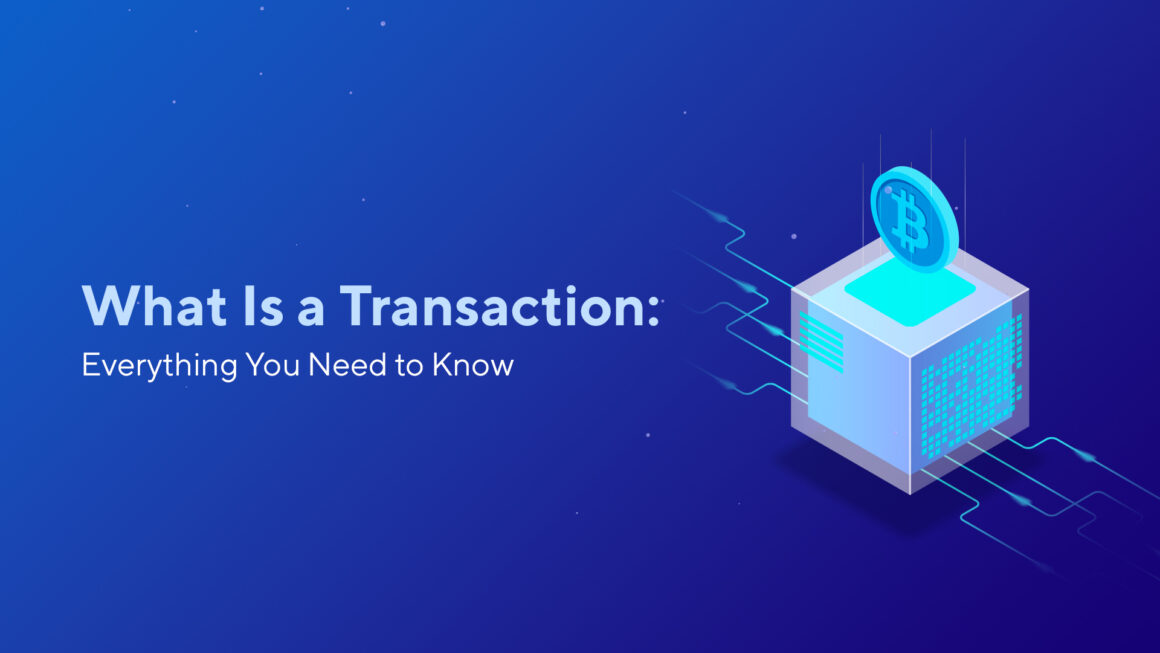Every time someone sends or receives tokens or cryptocurrencies, a transaction takes place between two participants. Thus, the transaction enables people to send and receive tokens. Cryptocurrencies require that a recipient has a wallet since tokens that a sender has are stored here.
Transactions Stored in a Decentralized Manner
Each transaction contains information about the origin of the sum sent. This creates complete documentation of where the tokens come from. This documentation is extremely important as it doesn’t allow invalid transactions to be added to the blockchain. Since crypto transactions can always be traced, it can be easily checked whether a transaction is legitimate.
Transaction Validation by the Network
In the case of cryptocurrencies, a transaction is validated via other participants in the network. Depending on the currency, different consensus models are used to test the validity of a transaction. Basically, it’s only important that the majority of participants classify the transaction as valid. Invalid transactions can thus be rejected and discarded.
Bitcoin Transaction: Key Steps to Know
Bitcoin is one of the most popular cryptocurrencies, which uses a blockchain to document transactions. Several transactions are combined into a block and added to the blockchain — this is how transactions are documented. Each block can contain a different number of transactions. In the case of Bitcoin, the exact amount depends on the block size specified by a platform.
If person A wants to send bitcoins to person B, this transaction contains three essential pieces of information:
-
- The sender address of person A’s wallet, so that it can be traced where the bitcoins sent come from (‘Input’);
-
- The number of bitcoins that person A wants to send to person B;
-
- The recipient address of person B’s Bitcoin wallet (‘Output’).
A transaction also contains some additional information such as information about a transaction fee or hash of the previous transaction. Transactions of other cryptocurrencies are structured in a comparable way and usually only differ in small details.
What other interesting information about crypto transactions do you know? Feel free to share your knowledge in the comments!

Leave a Reply